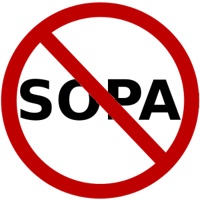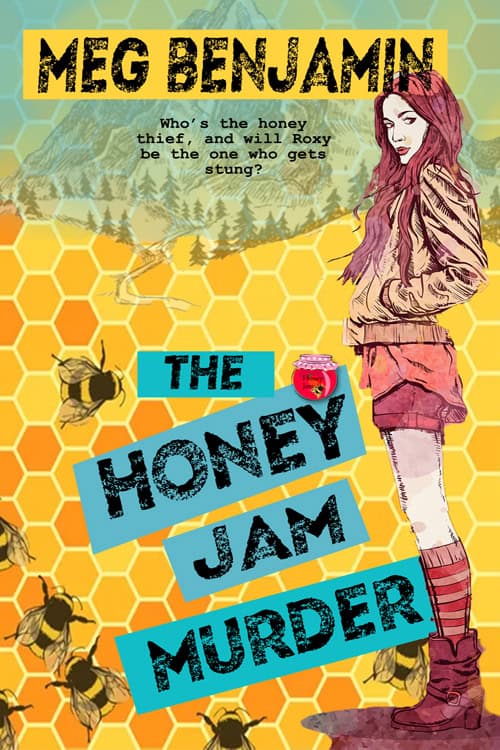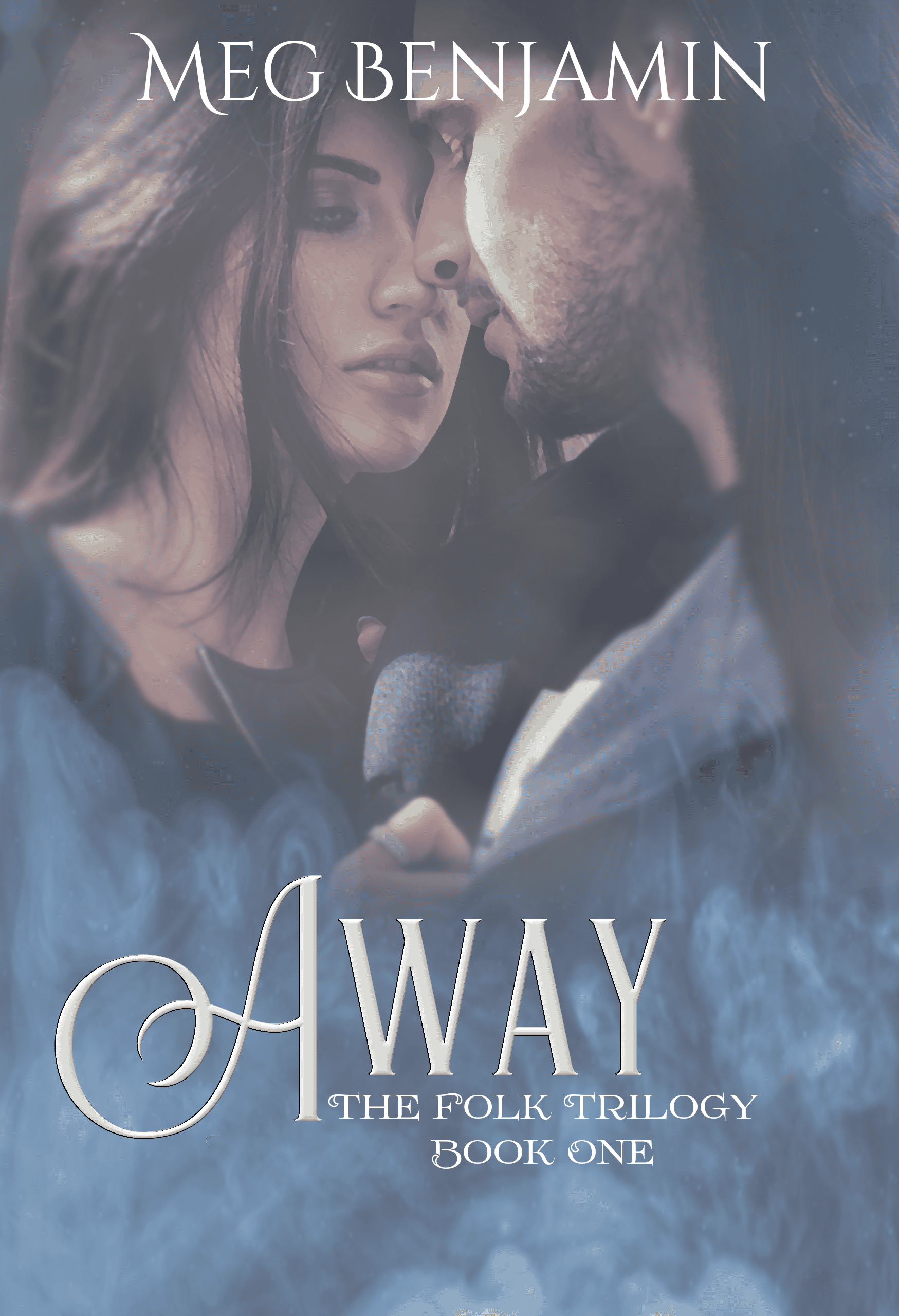So You Stopped SOPA. Now Can You Stop Piracy?
 Like a lot of Web users, I wasn’t all that thrilled by the two solutions to Internet piracy proposed by Congress: SOPA and PIPA. Both would have led to unwarranted shutdowns of innocent sites and both assumed a degree of oversight among site owners (including me) that just doesn’t exist on the Web.
Like a lot of Web users, I wasn’t all that thrilled by the two solutions to Internet piracy proposed by Congress: SOPA and PIPA. Both would have led to unwarranted shutdowns of innocent sites and both assumed a degree of oversight among site owners (including me) that just doesn’t exist on the Web.
But did you notice? Every time somebody made a statement about how bad SOPA and PIPA were, they included a statement to the effect that everybody knows piracy is bad too. Okay, if everybody knows this, why haven’t any of the big Web players tried to take realistic steps to stop it? Here’s the thing, guys: those of us in the creative community backed you in this fight, now how about backing us in our fight to keep people from stealing our creations?
It’s not like the identity and location of the pirate sites are a closely guarded secret. I can find a half dozen by doing a search on just about any book title. And I do that search on Google. Gee, guys, if I can identify the pirates just from my search results, why can’t you? And if you can find them, why can’t you delist them?
I’ve heard all the pro piracy arguments. There’s the “artists are all rich bastards sucking up money from the poor consumer” argument, for example. To which I can only reply, not this artist, baby. Sure Disney and Warner Brothers are concerned about piracy of their movies, but for every big studio, there are thousands of individual authors and musicians who are also seeing their creations stolen.
Then there’s the “books and movies and music are all too expensive” argument. But most of the books I see pirated from Samhain cost less than five dollars. Moreover, the Nine Naughty Novelists parody The Zillionaire Vampire Cowboy’s Secret Werewolf Babies sells for ninety-nine cents on Amazon. It also shows up on pirate sites. People steal stuff no matter how little it costs.
And then there’s my favorite argument: “information wants to be free.” Yeah, I remember when Stewart Brand first said that back in the seventies, and I’m pretty sure he wasn’t referring to my books. There’s a wealth of information on the Web that’s out there just because people want to share it. That’s one of the wonderful things about the Web. But there’s also creative work on the Web that’s there for sale. And there’s a difference between these two commodities. If people stole artwork from Etsy or designer clothes from eBay, they’d be prosecuted. Why is it any different when they steal a novel from me? Does the fact that my work is digital make it less valuable or less real than a pair of earrings?
I guess I’m just looking for a little justice here. If Google and Wikipedia and all the other big sites can form a consortium to head off government intervention, why can’t they set up some kind of task force to deal with piracy themselves? It usually takes me three to four months to produce a finished book. Then I have to get it published one way or another. How is it even slightly fair that all that work can then be downloaded for free by some jerk?
Here’s the point: you stopped SOPA. Good for you. Now do something about the problem that SOPA was trying, ineptly, to address.
Posted in Blog • Tags: book piracy, On Life, On Writing, SOPA | 2 Comments









Oh if it were that easy…I think this battle will just never end..Not until something is done, but that would require for people to do work..Ahh move their butt of their chair…The horror…
Sigh. Probably true. I just got so tired of seeing the “of course, piracy is wrong” sentence in every SOPA attack. If it’s so wrong, why not try to combat it?